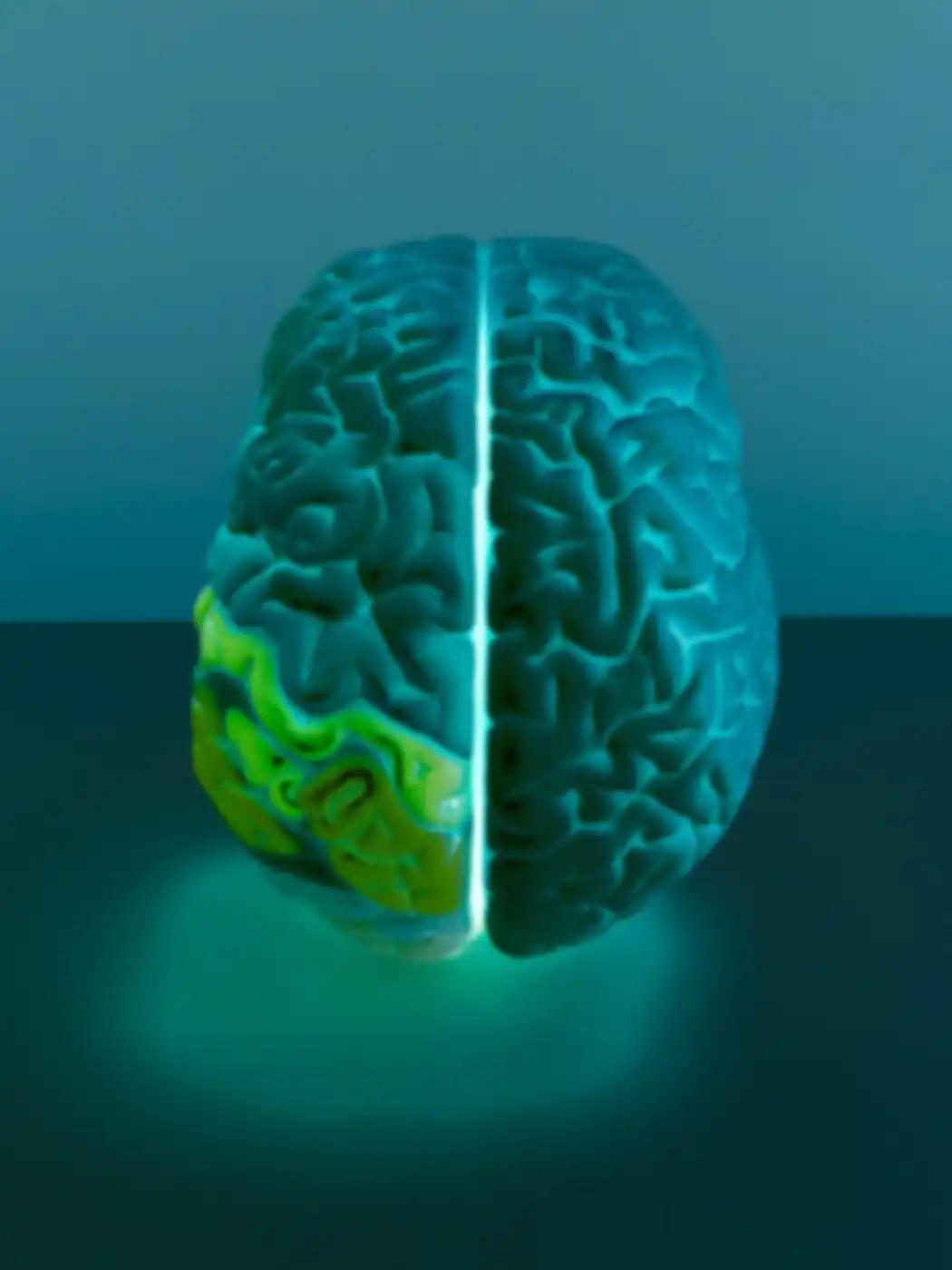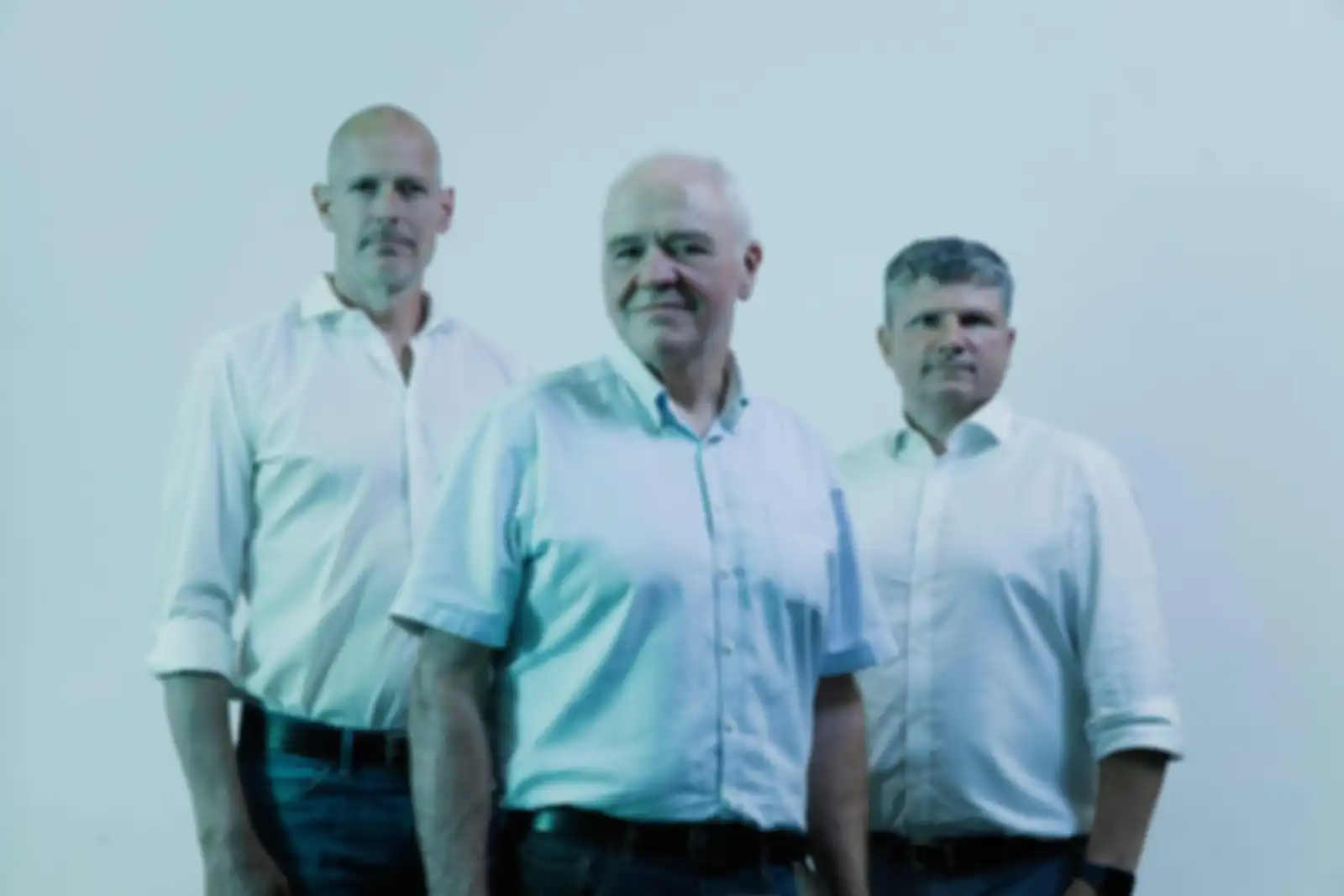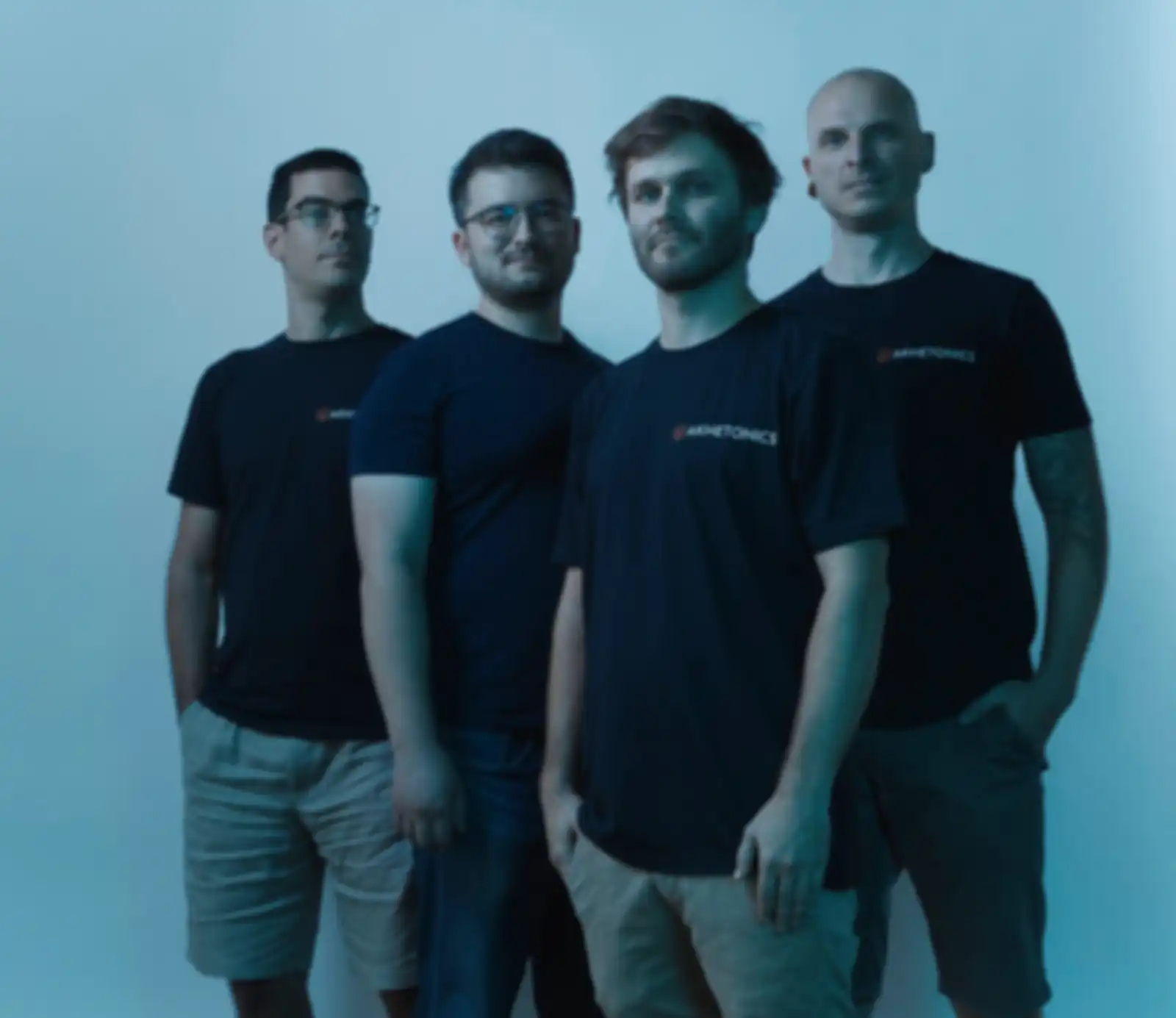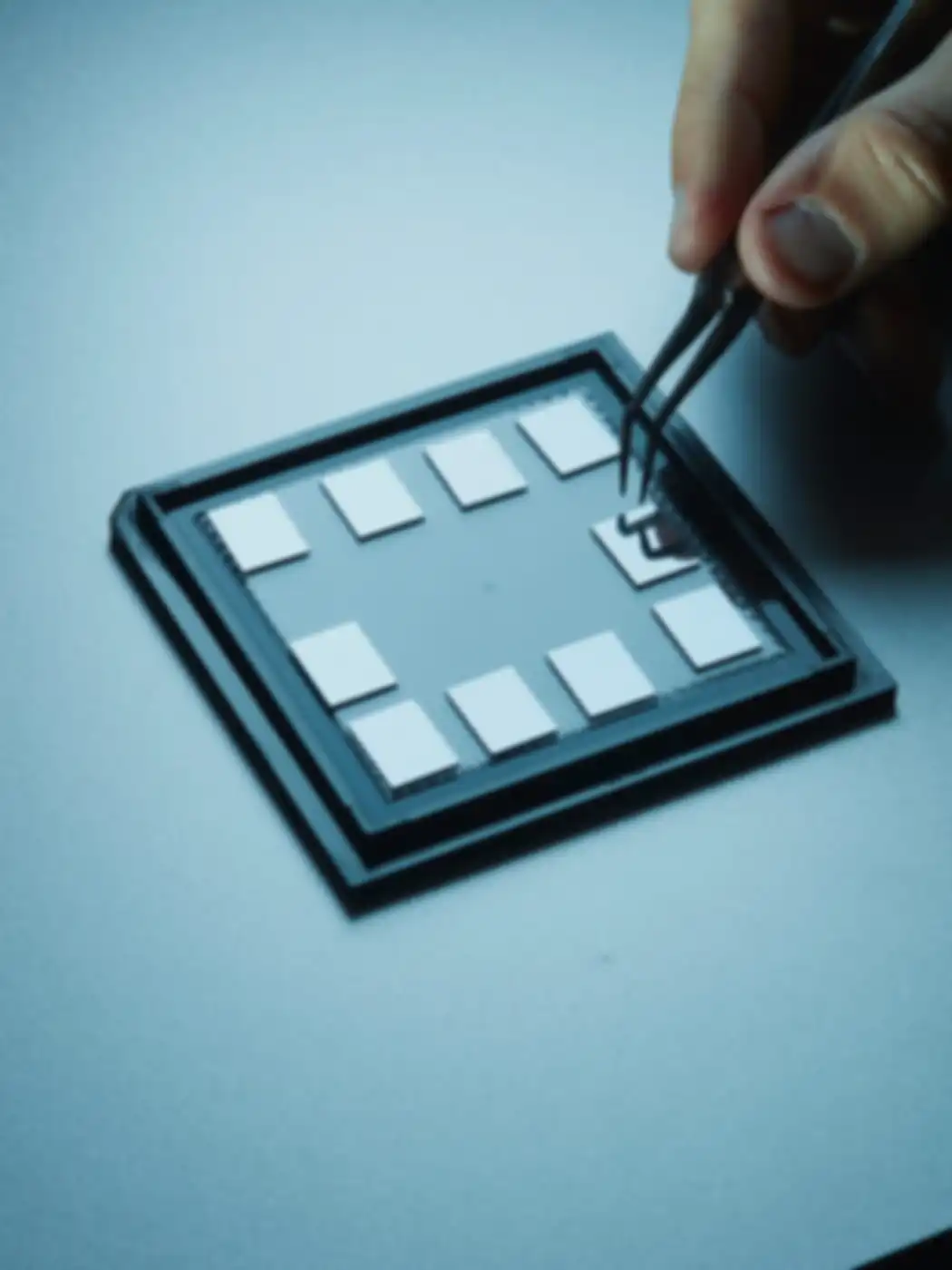Combining the advantages of two worlds
Making drinking water and food safer with photonics and microbiology

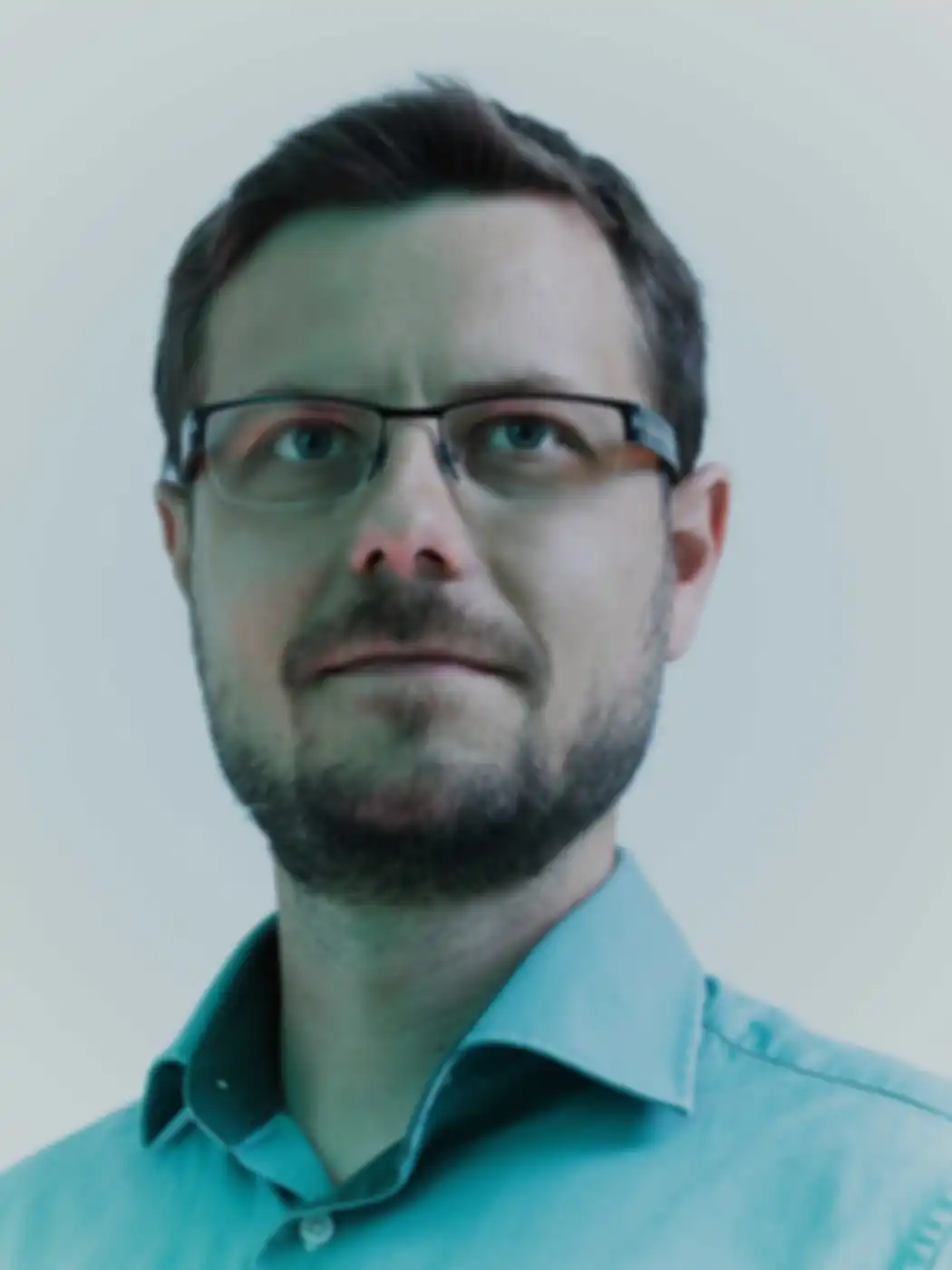

The FluIDect team from Jena is well on the way to revolutionizing food analysis. Instead of the days and weeks it used to take, FluIDect can detect pathogens such as Legionella or Salmonella in liquids within seconds and thus make our drinking water and food safer. It is thanks to Dr. Michael Himmelhaus, the tinkerer on the team, who had already been researching the underlying technology intensively for 18 years and was just waiting for this one chance, that an idea became a company with its first market-ready products in just a few years. In 2004, he discovered that not only larger plastic beads but also tiny ones provide information about their surface occupancy - i.e. whether molecules accumulate there - and from 2005 to 2009, the surface physicist had the best time of his life in terms of research while further developing the corresponding biosensor technology in Japan. At least until now: In August 2021, he joined forces with Dr. Tobias Schröter and Klaus Schindlbeck, who met through various jobs and companies, to found FluIDect to test liquids for germs.
I found Michael's research exciting and wondered why he would limit it to the small area of laboratory analysis. His sensor has potential for the big market, for huge industrial plants,
explains mechanical engineer and X-ray optics specialist Tobias Schröter. Many companies see it the same way: We're knocking down open doors everywhere, because we are tackling a massive problem.
This is contamination of drinking water and food, and it causes $18 billion in damage per year in the U.S. alone, costing hundreds of lives.
But what exactly does FluIDect do in this shoebox-sized device that can completely revolutionize pathogen analysis? In production plants, it can detect microbes cost-effectively, decentralized, in-line, and without a lab.
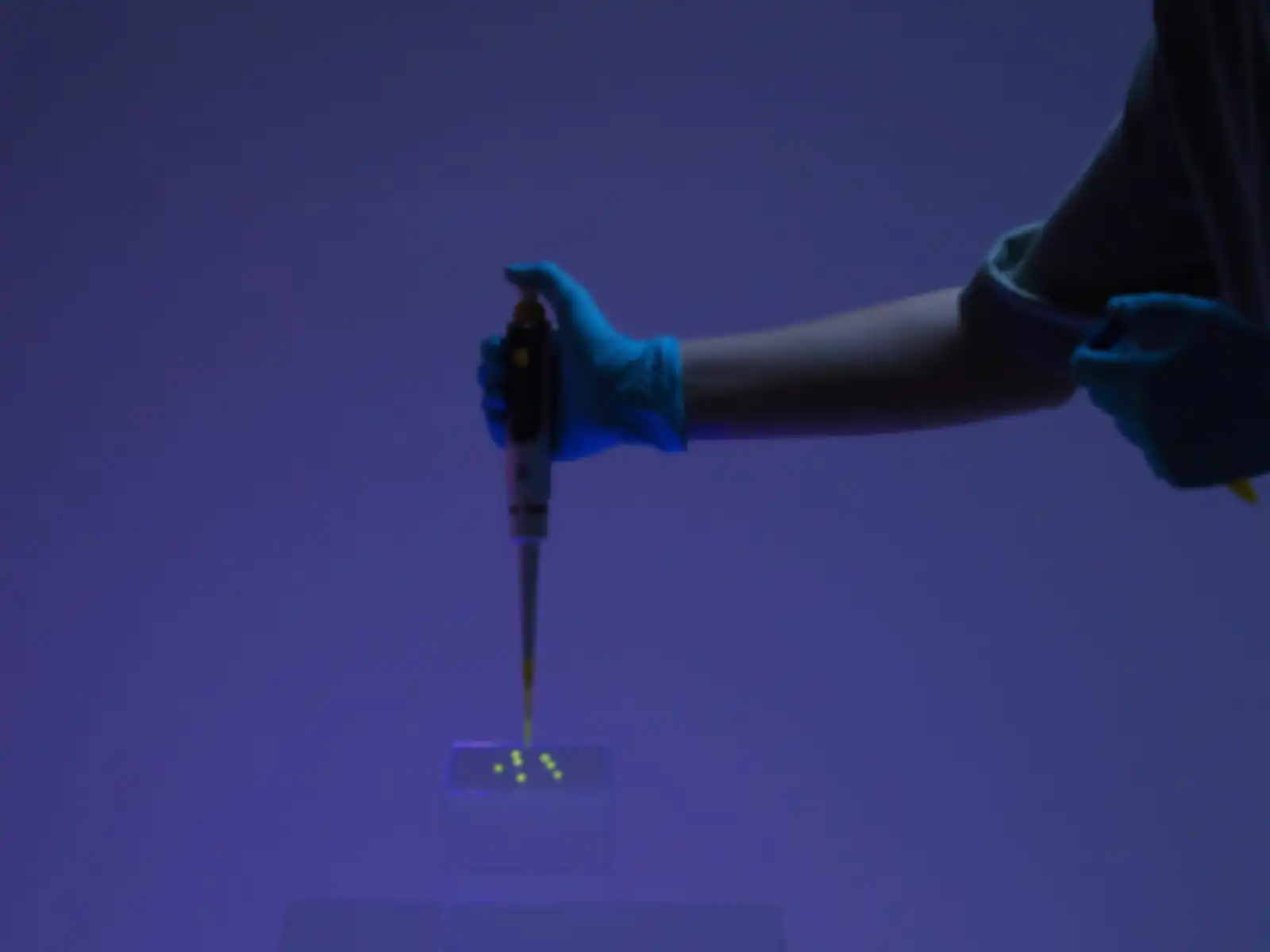
So quickly, in fact, that it can be used to react during the production process, for example of milk or milk substitute products - not just when entire tanks are already contaminated.
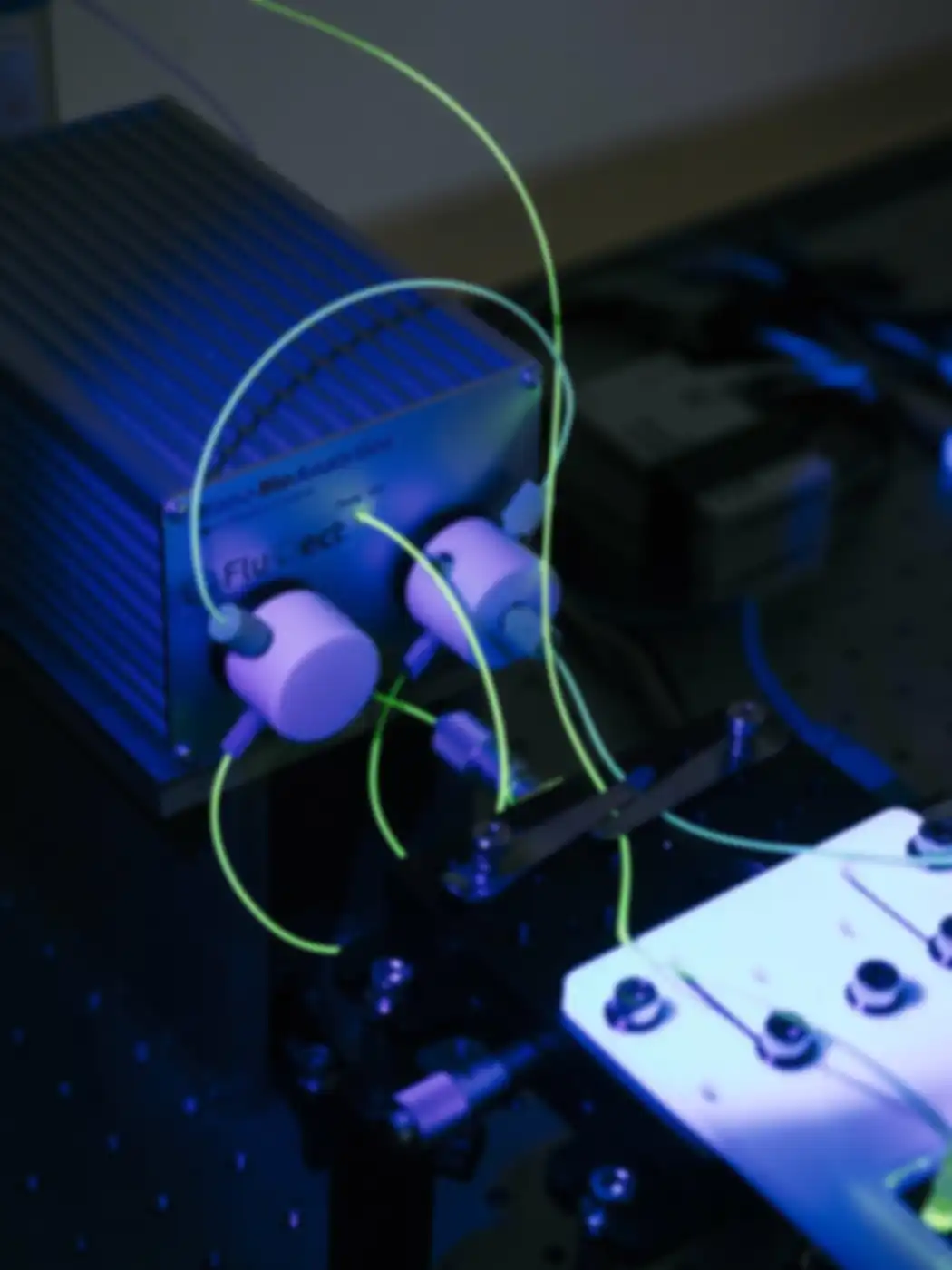
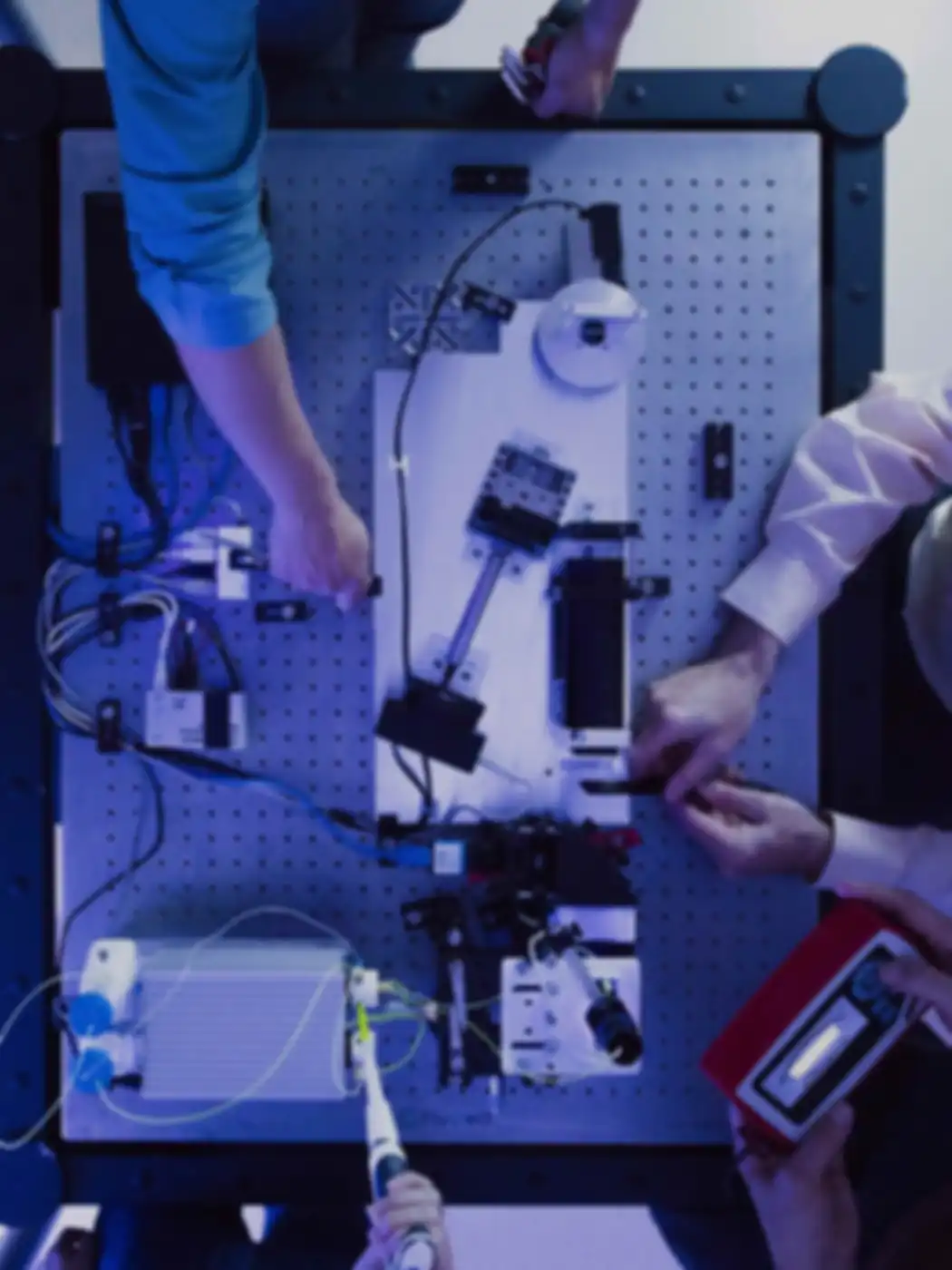
In the long term, it would even be conceivable to examine the milk of cows at the milking parlor and use antibiotics accordingly, as well as in pig fattening or on poultry farms. This creates completely new possibilities for safeguarding public health and sustainability. The same applies to drinking water: In apartment buildings or hospitals, there are regular flushing processes, i.e., thermal sanitizing by large quantities of hot water,
Schröter explains. The FluIDect-technology makes it possible to proceed in a more targeted manner and only act when germ load is too high, thus saving valuable resources.
The whole thing works via a novel combination of two disciplines: We combine advantages from two worlds, microbiology and photonics,
describes Klaus Schindlbeck, who, as a business graduate and mastermind of organization and administration, has the back of the makers in the foreground. Based on a microbiological process, we examine the liquids for biological and chemical substances and then obtain information about the process through the emitted light: an ingenious idea,
emphasizes Schindlbeck, who has already been working for medical technology companies in Germany and the USA for 30 years.
The FluIDect team feeds beads, ten-micrometer fluorescently labeled plastic balls made of polystyrene, into the analyzer, which taps off small samples as production proceeds. The beads are shot with light that causes them to glow via fluorescence. The fluorescent light thereby reveals the exact geometry of the beads. If pathogens accumulate on the beads, the wavelength emitted by the beads shifts. Thus, emitted color changes, which is easily measurable. Until now, most analytical methods have demanded for extensive sample preparation before the measurement can begin. Above all, this costs time. We, on the other hand, can place our beads directly into the sample, where they go on search for the microbes, and subsequently optically read out information about their nature and presence,
Himmelhaus illustrates one of the enormous advantages.
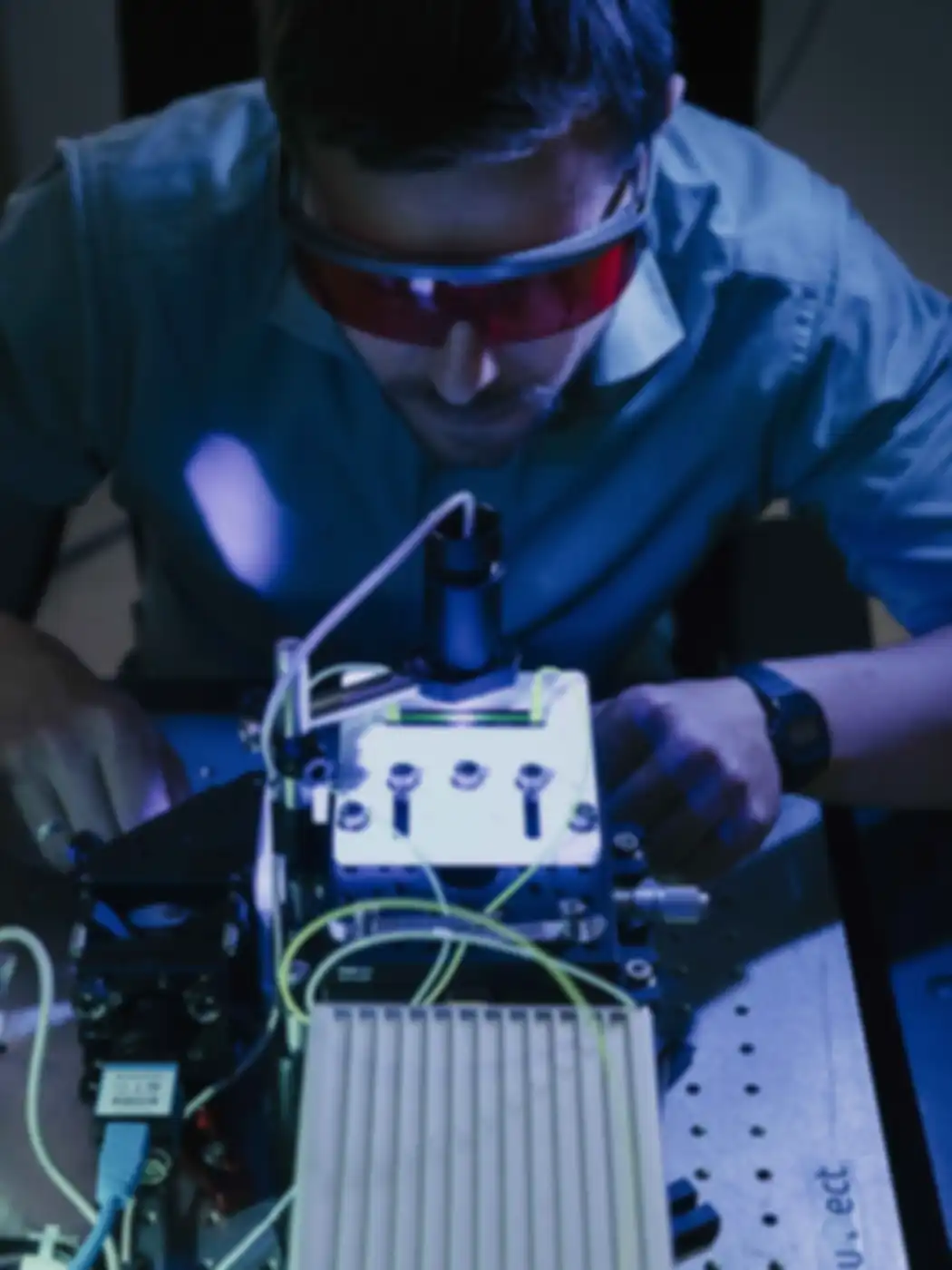
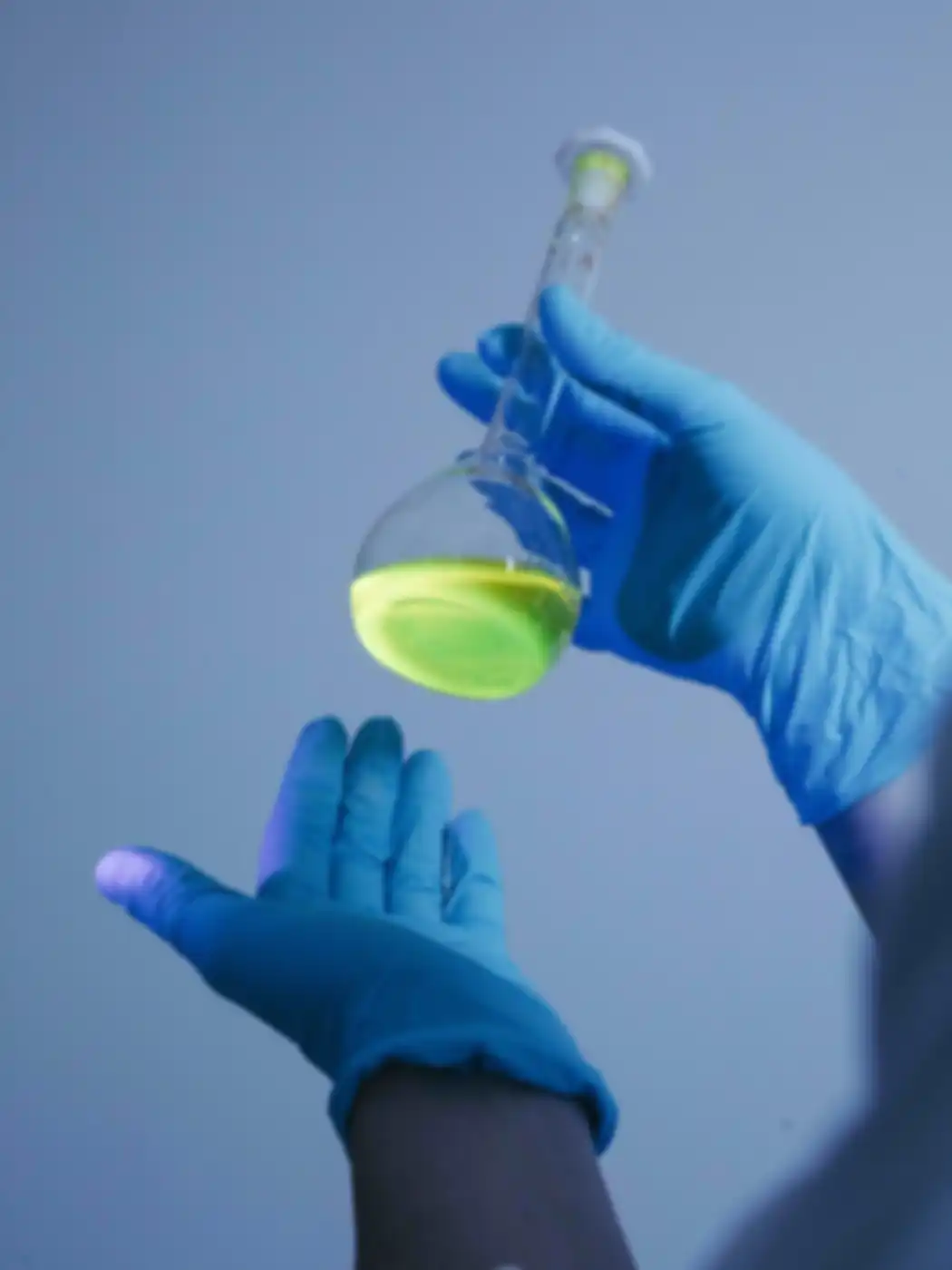
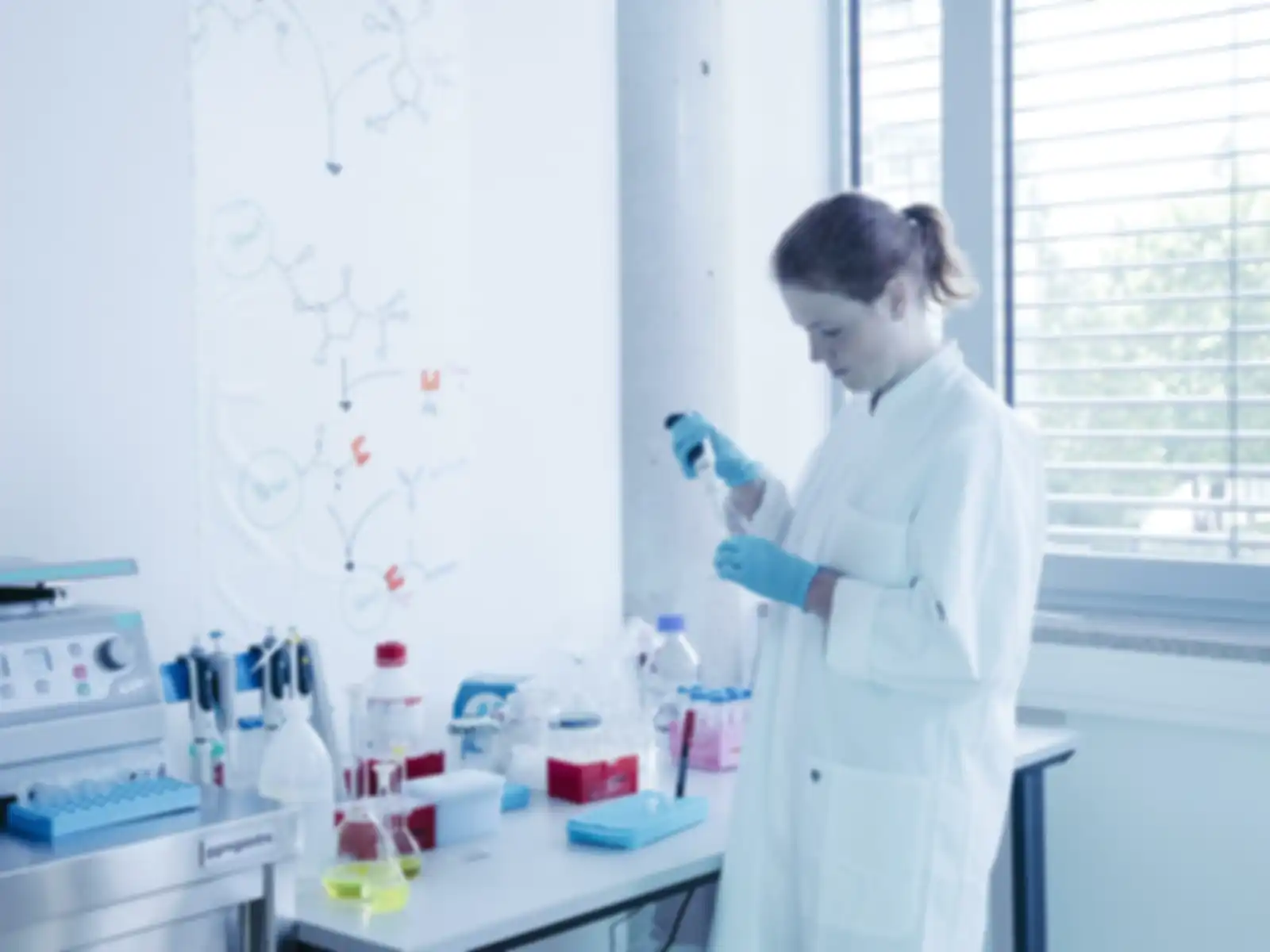
The three feel they are in good hands both at SPRIND and at the technology cluster in Jena: The feedback and the scientific as well as financial support are worth their weight in gold for us,
says Himmelhaus, who can now devote all his creative energy to optimizing the FluIDect-technology. For example, microbiologist Dr. Sarah Hofbrucker MacKenzie has recently joined the team as a valuable addition, and new lab space has been rented.
FluIDect announced its next great success at the end of 2023: The company successfully completed a seed financing round worth millions. The bm-t beteiligungsmanagement thüringen gmbh (bm|t), b.value from Dortmund and Sparkasse Jena-Saale-Holzland invested in the start-up from Jena.
WHY WE ARE COMMITTED This is the first method that can detect contaminants, such as Legionella or Salmonella, in an incredibly short time. Even if you just break the approach down to the food industry, this is massive leverage. If FluIDect enables immediate detection of contaminants by combining the whispering gallery mode effect with functionalized and fluorescent microbeads, the time to take direct action is reduced immensely. If, on top of this, recalls from food manufacturers are eliminated and consumption that poses a risk to health is significantly reduced, everyone wins.
WHAT WE DO Give the FluIDect team the security they need in the first few months. Through our validation engagement, we want to see an initial technology demonstrator from FluIDect. Our contract will allow the team to have a clear focus on advancing the technology rather than on complicated funding contracts.
THE POTENTIAL WE SEE We see the commissioning of FluIDect as an important investment in a key technology that comes from Germany and whose application should also originate in Germany. The market in Europe for healthcare and food production alone is huge and not yet really tangible.
THINKING AHEAD IN BUSINESS
The team already has a rough idea of how to develop the business further - and we would like to offer the necessary support in future cooperation as well, thus providing helpful assistance in the start-up
process.
